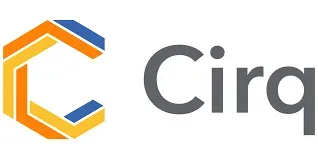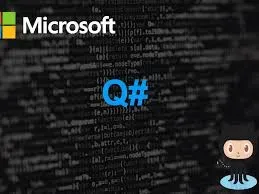Top 5 Open Source Quantum Computing Projects with Practical Quantum App Development
Quantum computing is a rapidly evolving field with the potential to revolutionize various industries. It promises not just theoretical advancements but practical solutions to real-world problems. To harness this potential, open source quantum computing projects have emerged, enabling the development and deployment of quantum applications. In this comprehensive guide, we will delve into the top 5 open source quantum computing projects, with a special focus on their practical applications, and we'll also explore the key concepts of "Practical Quantum Computing" and "Practical Quantum App Development."
2. Cirq by Google: Cirq, a Python software library, empowers users to create, manipulate, and optimize quantum circuits, making it a practical tool for developing and testing quantum algorithms suited for practical quantum app development. Its adaptability allows it to run on quantum computers and quantum simulators, making it suitable for both research and practical applications. Despite its relatively recent emergence, Cirq has swiftly become one of the most popular open source quantum computing projects, known for its user-friendliness and extensive feature set, making it an ideal choice for developers, whether beginners or experts, engaged in practical quantum computing.
3. ProjectQ by ETH Zurich: ProjectQ, implemented in Python, stands as an open-source quantum computing software framework designed explicitly for practical quantum app development. It simplifies the implementation of quantum programs in Python through a powerful and intuitive syntax. ProjectQ offers versatility, accommodating a range of quantum computing tasks, and boasts a mature presence in the field, complete with thorough documentation and a vibrant community of users and developers. For those seeking a dependable and well-supported open source quantum computing framework for practical applications, ProjectQ is an excellent choice.
4. Forest by Rigetti Computing: Forest emerges as a high-performance open-source quantum computing software platform, tailored for practical quantum app development. It encompasses tools for quantum programming, simulation, and experimentation, making it a robust resource for developing and testing quantum algorithms with practical applications. Despite its relative newness, Forest has rapidly risen in popularity among open source quantum computing platforms. It's designed for scalability and efficiency, enabling the execution of quantum algorithms across various quantum hardware platforms. This makes Forest a prime choice for researchers and developers engaged in cutting-edge quantum computing applications with a practical focus.
5. OpenFermion by the University of Chicago: OpenFermion, a Python software library, specializes in simulating and studying quantum chemistry and materials science problems on quantum computers, contributing significantly to practical quantum app development. It offers a mature platform with extensive documentation and a vibrant user and developer community. OpenFermion's practical applications extend to simulating quantum chemistry for drug discovery and materials science, making it a valuable tool for researchers in these fields.
.png)







.jpg)
